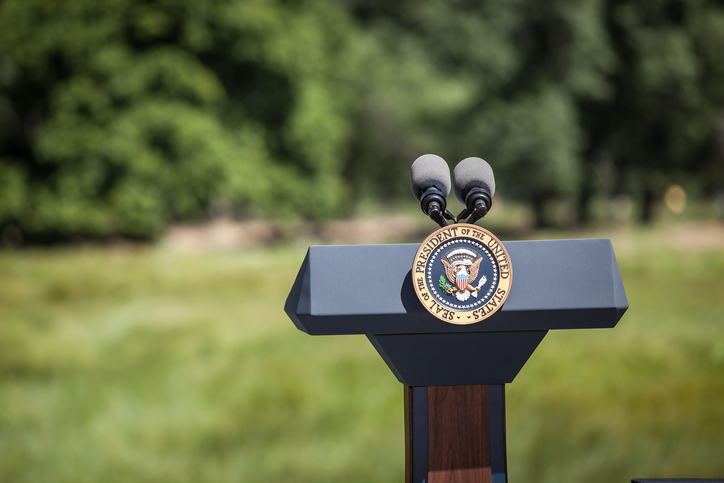 The American Association for the Advancement of Science (AAAS) is calling on U.S. President Donald Trump to work with the world’s largest scientific organization to ensure the free flow of scientific talent from around the world.
The American Association for the Advancement of Science (AAAS) is calling on U.S. President Donald Trump to work with the world’s largest scientific organization to ensure the free flow of scientific talent from around the world.
The latest response from AAAS comes just after President Trump’s executive order limiting immigration and travel from seven countries in the Middle East. AAAS’s CEO, Rush Holt, issued a statement emphasizing the need to keep U.S. borders open to scientists and students from around the world.
“Scientific progress depends on openness, transparency, and the free flow of ideas. The United States has always attracted and benefited from international scientific talent because of these principles,” Holt said in the release. “We know that fostering safe and responsible conduct of research is essential for scientific advancement, national prosperity, and international security. Therefore, the detaining of students and scientists that have already been screened, processed, and approved to receive a visa to visit the United States is contrary to the spirit of science to pursue scholarly and professional interests. In order for science and the economy to prosper, students and scientists must be free to study and work with colleagues in other countries.”


 While not the only source of science, government funded research plays a huge role in the lives of many individuals. From something as simple as the weather apps underpinned by the National Weather Service to the Food and Drug Administration’s work on
While not the only source of science, government funded research plays a huge role in the lives of many individuals. From something as simple as the weather apps underpinned by the National Weather Service to the Food and Drug Administration’s work on  A new initiative that goes by the name,
A new initiative that goes by the name, 